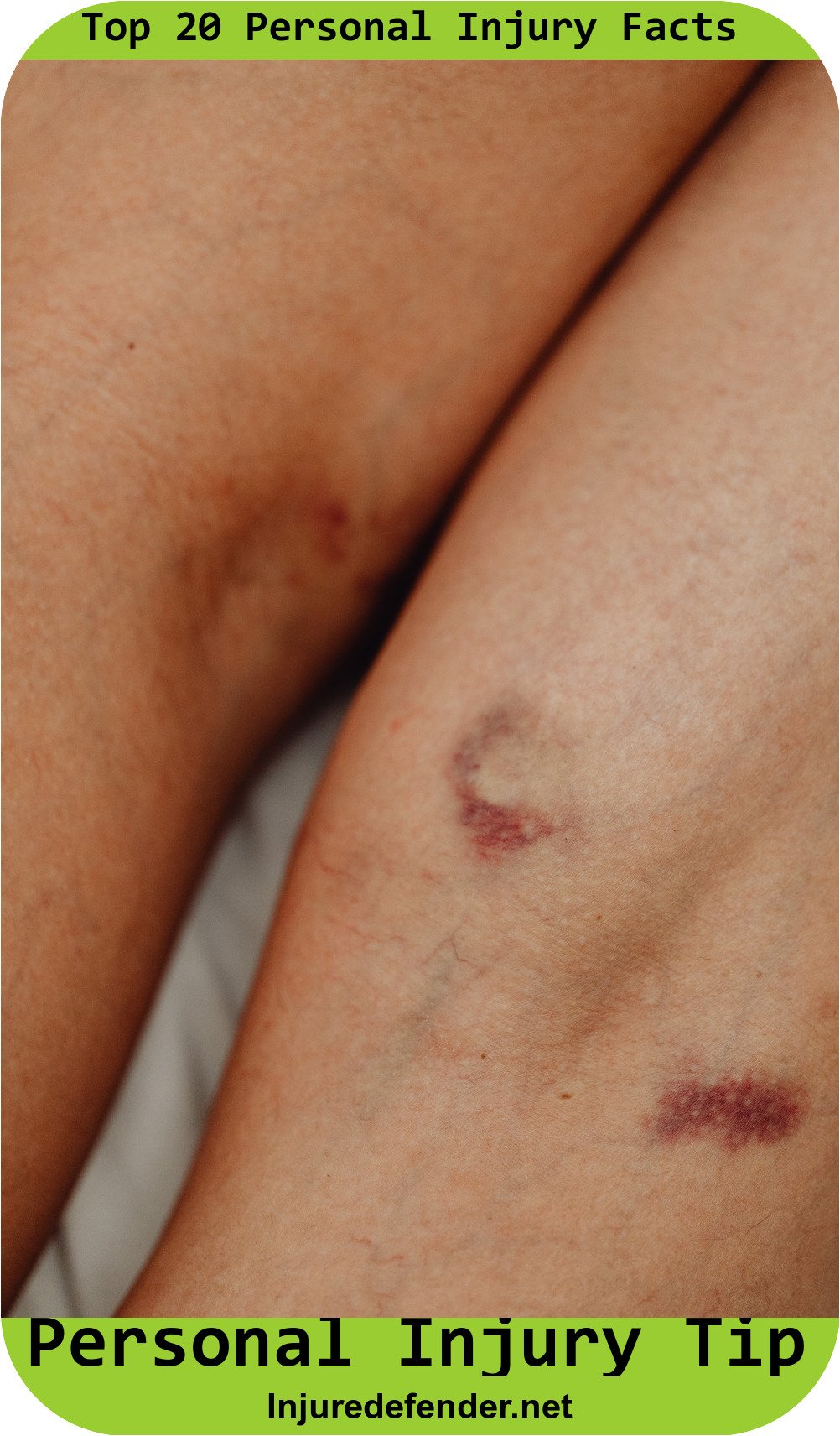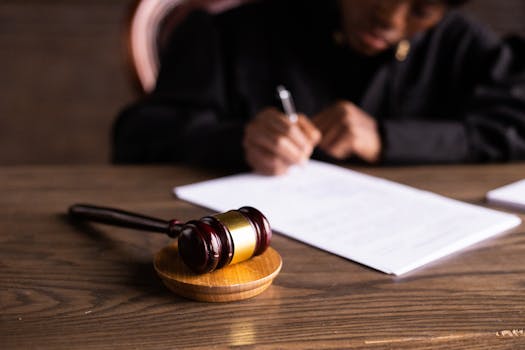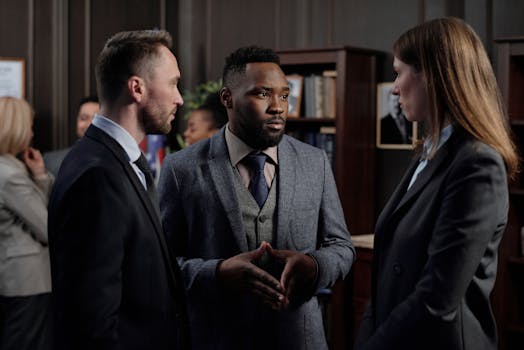
What is Personal Injury?
Personal injury is a legal term for any type of harm that a person may experience as a result of another person or entity’s actions or neglect. This can include physical harm, emotional pain and suffering, and property damage. Personal injury can occur in any place, at any time, and can be caused by anything from a car accident to a slip and fall. Personal injury can be serious and debilitating, and can leave people with lasting physical and emotional scars. If you’re injured in a car accident, for example, you may experience months or years of physical rehabilitation, as well as lost wages and other financial damages. If you’re the victim of a crime, you may also be traumatized and have trouble sleeping at night. If you’re injured in a car accident, it’s important to speak with an experienced personal injury lawyer as soon as possible. The lawyer can help you understand your legal rights and options, and can help you recover the financial compensation you deserve.
Making a Personal Accident Injury Complaint – The Basics
There are a few things you should know before filing a personal injury complaint. First, be sure you have a valid claim. Second, make sure you have all the evidence to support your claim. Third, don’t hesitate to contact a personal injury lawyer if you have any questions or doubt about your case.
5 Questions to Ask When Considering a Personal Injury Claim
1. What was the event that caused the injury?
2. When did the event happen?
3. Had you been drinking or using drugs at the time of the event?
4. Who was involved in the event?
5. Was the event an accident or was it intentional?
Who Should You Report the Car Crash to?
If you are involved in a car crash, there are a few entities you should report the crash to. If you are a driver, the first entity you should report the crash to is the police. If you are a passenger, the first entity you should report the crash to is the driver. Below are more specific reporting entities for other types of crash participants. If you are a pedestrian, the first entity you should report the crash to is the crossing guard. If you are a cyclist, the first entity you should report the crash to is the police. If you are a motorcyclist, the first entity you should report the crash to is the police. If you are a driver, the first entity you should report the crash to is the police. If you are a passenger, the first entity you should report the crash to is the driver.
How to Proceed in a Personal Injury Case
If you are a victim of a personal injury, the following guidance will help you to proceed with your case. First, you should gather all of the evidence that supports your claim. This includes anything that could support your version of what happened, such as witness testimony or medical records. Next, you should contact the insurance company that is responsible for the injuries. This is typically done through an insurance adjuster. You should make sure to document the conversations that you have with the adjuster, as well as any agreements that are reached. Finally, you should file a lawsuit in a court that is appropriate for your situation.
How Personal Injury Lawyer Help You Get Justice
Personal injury lawyers can provide valuable legal services to those who have been injured in an accident. By representing their clients in court, personal injury lawyers can work to get an injured person the compensation they deserve. In many cases, the process can be lengthy and complex, but with the help of an experienced lawyer, an injured person can often receive a fair settlement or judgement.
What is a workers’ compensation lien and what does it mean for Personal Injury
When an injured worker receives workers’ compensation benefits, the state benefits agency may place a lien on the worker’s property in order to secure the money that is due to the worker. The lien remains until the workers’ compensation benefits are paid in full, and it can impede the injured worker from being able to sell or borrow against their property. The lien is usually in the form of a court order, and it can be filed by the workers’ compensation insurance company, the state benefits agency, or any other party that is owed money by the worker.
Planning For Medicare and Medicaid in a Personal Injury Claim
Planning for Medicare and Medicaid in a personal injury claim can be daunting, but it is important to do so so if you want to maximize your benefits. Medicare pays only a fraction of the benefits that Medicaid does, so it is important to know your options. Medicare pays benefits for certain types of injuries, such as disability, hospital expenses, and medical equipment costs. You may be able to qualify for benefits even if you did not contract the injury yourself. You may also be able to qualify for benefits if you were not at fault in the accident. If you are not eligible for benefits through Medicare or Medicaid, you may be able to qualify for compensation through the courts. However, this can be a long and difficult process, so it is important to have an attorney on your side from the beginning.
Medicare, Medicaid and Settlements – What You Need to Know
Medicare, Medicaid and Settlements – What You Need to Know By now, you likely know that the recent healthcare reform legislation includes a number of provisions that will affect Medicare, Medicaid and settlements. Here are some key points to keep in mind: – Medicare will no longer be funded entirely by federal taxes. Instead, it will be partially funded by a premium paid by staff and beneficiaries, and by cuts to other federal programs.
The program is expected to become insolvent by 2030. – Medicaid is a federal-state program that provides healthcare coverage for low-income people. It is currently one of the most heavily funded programs in the US, and is expected to continue to grow in size. – The healthcare reform legislation includes a number of provisions that will affect Medicare, Medicaid and settlements. Among the most important are the following: – Premiums will be increased for staff and beneficiaries, in order to help cover the costs of Medicare
3 Cases Where You’re Better Off Finding a Lawyer
Finding a lawyer can be a very costly and time consuming process. Here are three cases where you’re better off finding a lawyer:
1. If you have a criminal record. Many states have laws that prohibit lawyers from representing people with criminal records. This means that if you need a lawyer to help you with a legal matter, you’ll likely have to find one outside of the lawyer profession.
2. If you’re a victim of a crime. If you’ve been the victim of a crime, you may not be in a position to hire a lawyer on your own. This is because you may have to testify in court, which could put your safety at risk. It’s important to seek out legal representation from the moment you realize you’re a victim of a crime in order to protect your rights.
3. If you have a complicated legal matter. If you have a complicated legal matter, it’s likely that you’ll need the help of a lawyer.
28 Days to Make a CTP Claim After a Car Accident
You may have a few questions about how to make a claim with the at-fault party. CTP stands for “Claims, Tickets and Payments.” Most people think of this as simply the process of filing a claim against the at-fault party in a car accident. In fact, there are three separate processes that must take place in order to make a claim:
1) Filing a Claim: This is the first step in the CTP process. You must file a claim with your insurance company.
2) Collecting Evidence: You must gather evidence related to the accident in order to support your claim. This can include photographs, eyewitness accounts, and messages on your phone.
3) Pleading Your Case: Once you have gathered all of the evidence, you must plead your case to your insurance company. This will help them decide if your claim is valid.
What You Need to Show to Win a Personal Injury Claim
There are a few items you will need in order to win a personal injury claim. The most important of these items is evidence that the injury caused by the other person was the fault of that person. You will need to show that the other person was at fault in some way, either by their actions or by their neglect. Other important items you will need to prove your case include: the amount of money you are claiming, the severity of your injuries, and the time it has taken you to recover.
Five Things You Need To Know About Witnesses In A Personal Injury Claim
Witnesses can play a significant role in a personal injury claim. Here are five things to keep in mind when selecting witnesses:
1. Make sure your witnesses have firsthand knowledge of the event.
2. Verify their account of the event.
3. Testify about their observations and opinions.
4. Make sure all witnesses are available for deposition. 5. Make sure all witnesses are qualified to testify.
What to Expect When Hiring a Personal Injury Lawyer
A personal injury lawyer can provide an important support system during a difficult time. They can help you understand your rights and options, and guide you through the legal process. Some important things to expect when hiring a personal injury lawyer include:
1. an initial consultation appointment to discuss your case and what options are available to you
2. an ongoing support system during the legal process
3. access to legal resources and advice
4. the knowledge and experience to handle your case effectively and confidentially
5. the ability to work with you to determine the best strategy for your case
Getting Records and Bills from Hospitals and Doctors Takes Time
Making sure that you have all of your health records and bills from hospitals and doctors can be time-consuming. You may need to call each institution and ask for the records. You may also need to take pictures or make copies of the records. Finally, you may need to write letters to the institutions to ask for the records.
How to ask for a settlement in a personal injury case
When seeking a settlement in a personal injury case, it is important to be clear and concise in your requests. Be sure to list the specific injuries you sustained, what caused them, and what you are seeking in terms of compensation. Also, be sure to keep track of your case progress and negotiations, and be prepared to present witnesses and evidence in support of your claims. Documenting your case is also important, as it can help prove your damages if you ever need to take legal action.
How to Negotiate a Personal Injury Settlement
When you are injured in an accident, you may be entitled to receive compensation for your losses. To negotiate a personal injury settlement, you will need to work with your attorney. Your attorney will review your case with you and help you draft a settlement offer. The settlement offer should be based on the facts of your case and the amount of money you think you are entitled to. Your attorney will also help you to negotiate the settlement with the insurance company. The insurance company may be willing to settle your case for less than you think you are entitled to. If the insurance company does not agree to a settlement, your attorney may be able to negotiate a better deal for you. Although negotiating a personal injury settlement can be complex and stressful, it is important to talk to an attorney about your case. Your attorney can help you understand your rights and options and can help you reach a settlement that is fair for you.
The Process of Filing a Lawsuit
If you believe that you have been injured by another person or entity, you may have the option of filing a lawsuit. There are a number of steps that must be followed in order to file a lawsuit, and it is important to choose the right legal action. The first step is to determine if you have a legal right to file a lawsuit. If you are the victim of a personal injury, you may have a right to sue the person or entity that caused your injury. If you are filing a suit on behalf of another person, you must also take into account that person’s legal rights. You cannot sue someone if they are not legally allowed to be involved in the lawsuit. You may need to get their permission to file a lawsuit on their behalf. Once you have determined that you have the right to file a lawsuit, you will need to find a lawyer to represent you. A lawyer will help you prepare for the lawsuit.
When to Hire a Lawyer for an Injury Claim
When you find yourself injured in an accident, the most important thing is to seek medical help as soon as possible. Once you have been seen by a doctor, it is important to gather as much information as possible about your injuries. Next, it is important to speak to an attorney to understand your legal rights and see if you have a case.
Experts Can Help Prove Connection Between Accidents and Injuries
A professional can help to prove a connection between accidents and injuries by conducting an accident investigation. This will help to identify any potential causes of the accidents and what can be done to prevent them from happening in the future. By compiling all of the information and data, a professional can produce a report that can provide a comprehensive overview of the accidents and their causes.



